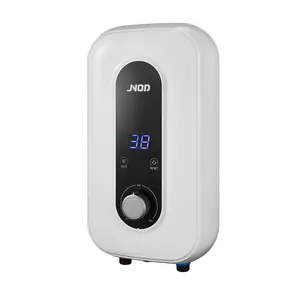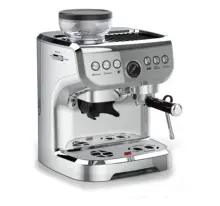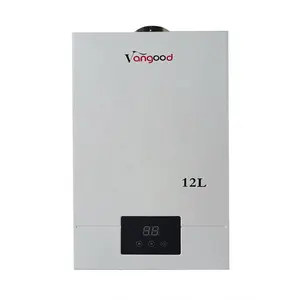
Switching to a battery-powered water heater offers a range of benefits for those needing hot water in remote or off-grid locations. These heaters provide the convenience of adjustable temperature control, allowing users to set the water temperature to their comfort level for various scenarios.
The design of these heaters eliminates the need for venting, as they are intended for temporary outdoor installation. This feature simplifies the setup process, making it less invasive and more adaptable to different environments.
Battery operation is another significant advantage. These water heaters run on commonly available household batteries, which means there's no need for electricity or proprietary power sources. This makes them ideal for use in areas without access to an electrical grid.
Portability is a key feature of these water heaters. They are lightweight and designed for easy transport, with some models featuring carrying handles. This portability ensures that hot water can be accessed in a variety of settings, from campsites to roadside stops.
Furthermore, these systems can operate without a traditional faucet, drawing water from alternative sources like lakes or streams when necessary. This flexibility is crucial for users in areas where conventional water infrastructure is unavailable.
Overall, battery-powered water heaters are a versatile and convenient solution for hot water needs in a multitude of settings, offering ease of use, transportability, and a user-controlled experience without the constraints of fixed installations.













































 浙公网安备 33010002000092号
浙公网安备 33010002000092号 浙B2-20120091-4
浙B2-20120091-4